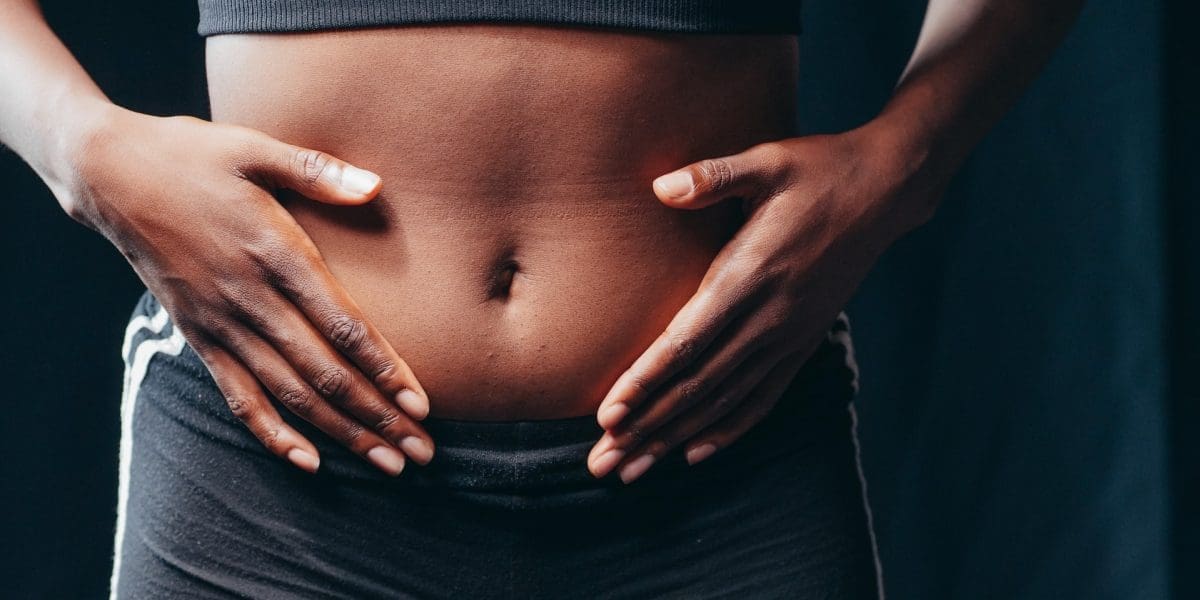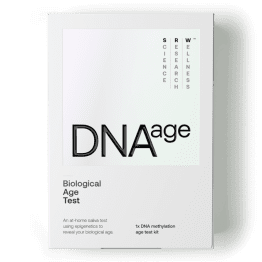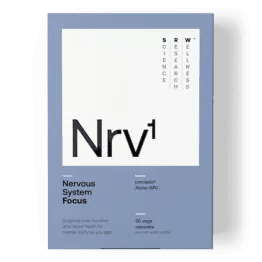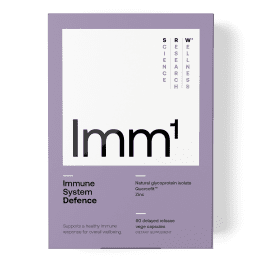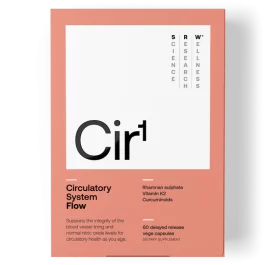The Missing Health Metric For Women
As women, we are often led to focus on appearance-based health metrics such as weight, BMI, caloric intake and calories burned, but these aren’t necessarily the metrics that are going to leave us feeling like healthier, more vibrant versions of ourselves. Instead, we should pay more attention to ovulation and view it as a monthly health metric.
So often overshadowed by its more dramatic counterpart, your period, ovulation is actually the main event of your menstrual cycle, the star that should be in the spotlight.
What is ovulation?
Ovulation is the release of an egg from its follicle, into the Fallopian tube, which generally takes place between days 13 to 21 of your cycle.
Far more than purely something to do with fertility, “ovulation is both an indicator and a creator of health,” according to Jerilynn Prior, MD. Professor of Medicine at the Centre for Menstrual Cycle and Ovulation Research.
Ovulation is a good sign that your body is nourished, healthy and for the most part, managing the stress in your life. It will help you feel calm and balanced, promotes sleep and stable, consistent energy.
New research also suggests that having ovulatory cycles that produce adequate levels of both oestrogen and progesterone when you are younger can protect against osteoporosis, certain cancers and even cardiovascular disease later in life – meaning that you can support your future self’s health simply by ovulating regularly.
But don’t all women ovulate every month?
Unfortunately, analysis of data from 2,500 Kiwi women who completed hormone testing via the Eve Test has shown this isn’t the case. To put it simply, many women simply aren’t ovulating as often as they should be.
The analysis found that soaring stress levels are preventing ovulation, leading to challenges with our periods and menstrual cycles, and fertility issues. Stress was at the core of those hormonal challenges across the vast majority of Eve’s clients. Of the 2,500 women tested, 1,500 had hormonal issues that were related to stress.
I get my period, so I must be ovulating, right? Well, not exactly…
It is absolutely possible to have a period without actually ovulating. This is called an anovulatory cycle. Having a regular monthly cycle between 21 and 35 days’ long, that doesn’t vary much, month-to-month, and doesn’t come with too much PMS is a good indicator of ovulation, but not a sure sign.
The easiest way to identify ovulation is via temperature tracking. Ovulation causes our core body temperature to increase by about 0.3 to 0.6 degrees Celsius, so quickly recording your BBT (basal body temperature) first thing each morning using a digital thermometer is enough to detect this jump. Record your daily BBT in a cycle tracking app such as Flo or Clue, and their algorithms will do the hard work for you, giving you insights into your cycle, ovulation and symptoms. You’ll be surprised how powerful it can be to have this daily check-in with your body – think of it as a pedometer for your cycle.
You can also purchase ovulation strips from pharmacies or closely track symptoms. Ovulation can cause slight cramping to one side of the lower abdomen (where your ovulating ovary is located) and/or spotting for some women. It also changes cervical fluid (making it clear and slippery) and boosts libido. These things can all indicate ovulation.
What happens if I don’t ovulate?
Anovulatory cycles are incredibly common and are the cause of low progesterone levels; the most common hormone imbalance identified by Eve hormone testing. Progesterone is a hormone that gets released as a result of ovulation. No ovulation equates to no rush of progesterone.
Progesterone is what keeps things balanced during the second-half of your menstrual cycle, so with low levels, you are more likely to experience heavier and longer bleeds with more PMS symptoms such as pain, mood swings, insomnia, water retention and tender breasts.
Anovulatory cycles are more common in women who have irregular periods, however, even a 28- to 30-day cycle can be anovulatory.
In a basic sense, if ovulation is a sign that your body is nourished, healthy and managing stress well; not ovulating is a sign that your body needs some support.
Common reasons for not ovulating include stressors such as over-exercising, pressure at home or work, nutrient deficiencies; poor nutrition or under-eating, being underweight or making changes to your birth control (for example, coming off the pill). Health issues such as Polycystic ovary syndrome (PCOS) and thyroid issues can also impact ovulation, as can perimenopause and certain medications.
5 Ways to Support Ovulation
As a general rule, some great places to start for ovulation support include:
Eat enough. Make sure you are getting enough calories and carbohydrates into your body. There is so much pressure on us as women to eat less but don’t skimp on healthy fats or protein either – all are essential for happy hormones.
Reduce stress. This is easier said than done, I know. Try cutting back on additional stressors such as over-exercising, caffeine and alcohol; and adding in a mindfulness practice like journalling or meditation.
Ensure adequate nutrient stores. Some nutrients that support the ovaries in doing their job are zinc, B-vitamins (particularly B6), magnesium and iodine. Find these in Period Pal from Eve Wellness.
Address any underlying inflammation. Try reducing or eliminating sugar, gluten, dairy and poor quality oils from your diet.
Stabilise blood sugar levels. Without stable blood sugars, we will never have balanced hormones. Our hormones love it when we eat healthy fats, proteins and low GI carbohydrates and when we don’t skip meals.
—
At the helm of leading New Zealand health brand, Eve, Beatrice Thorne has made it her mission to end the misinformation and stigma surrounding cycles, hormones and periods to empower more women to take their health into their own hands.
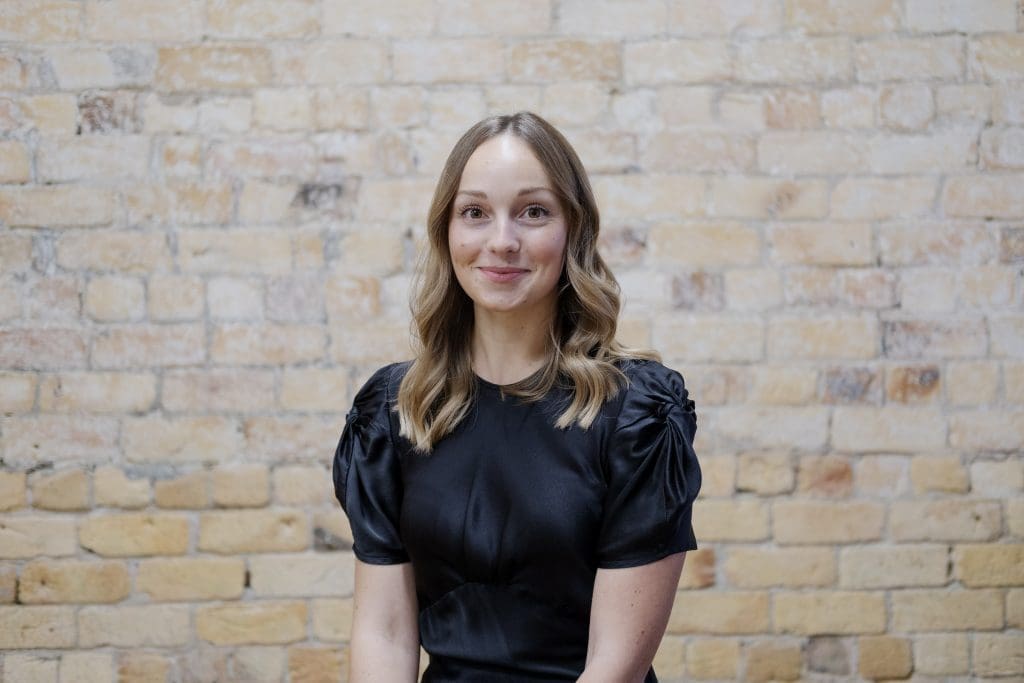
Formulated for people recovering from illness or injury, Imm¹ supports a healthy immune response for overall wellbeing
